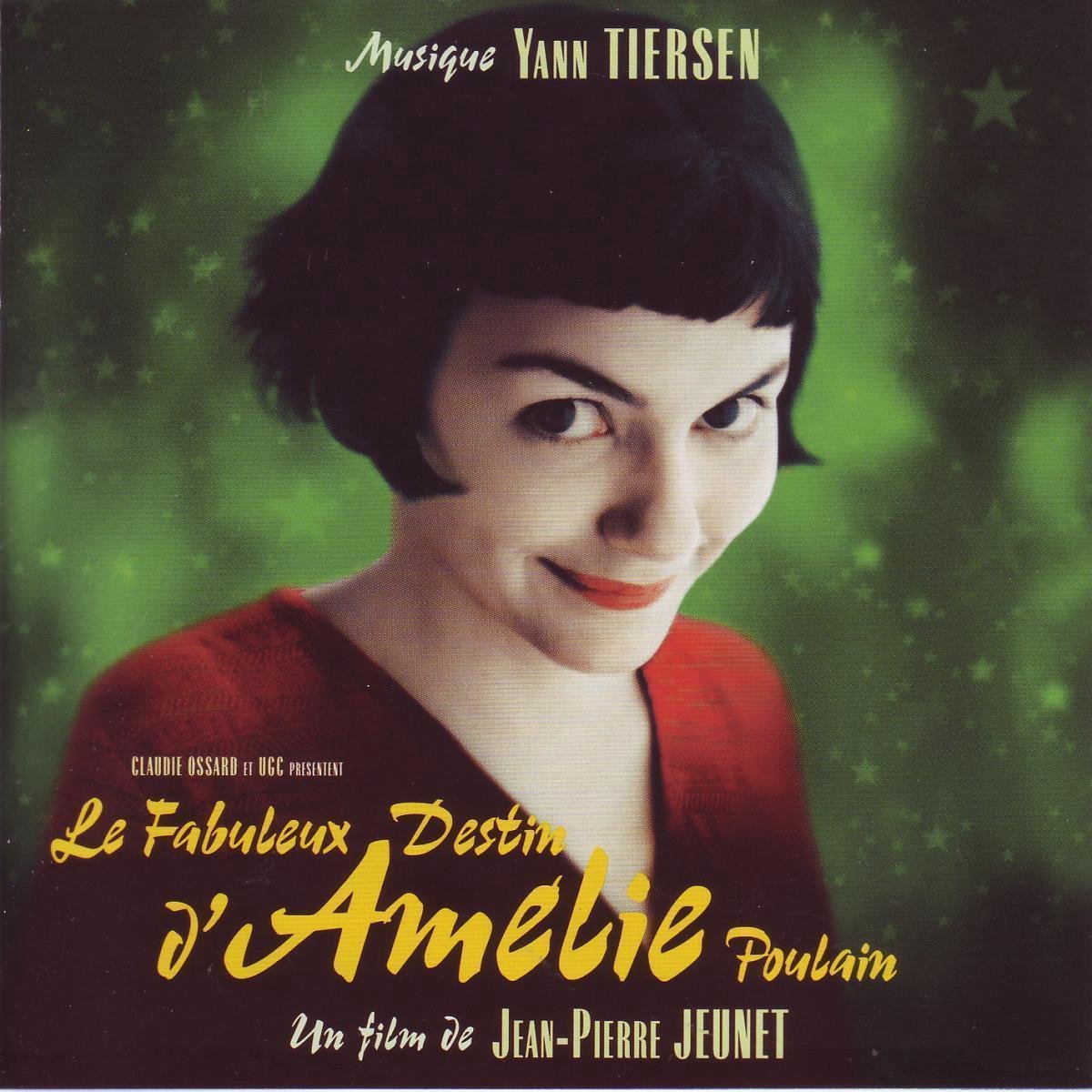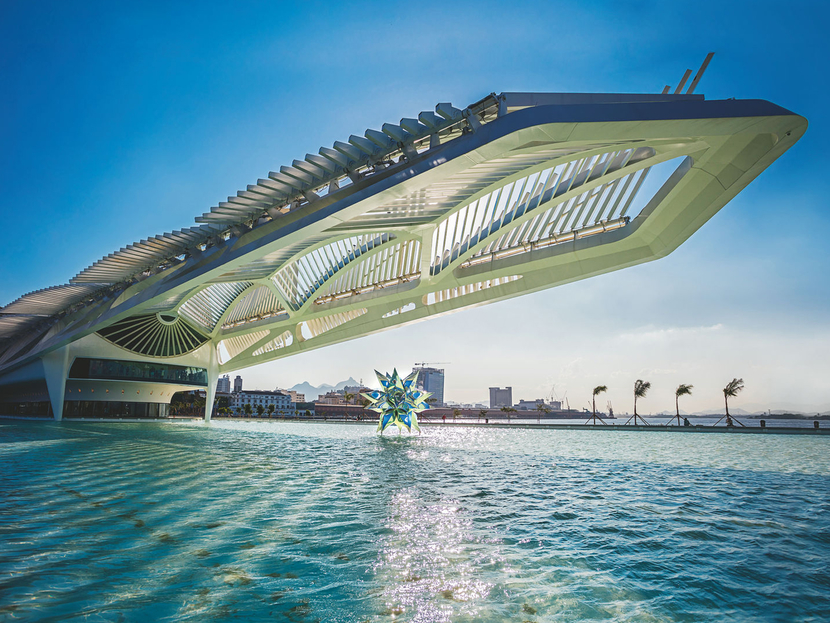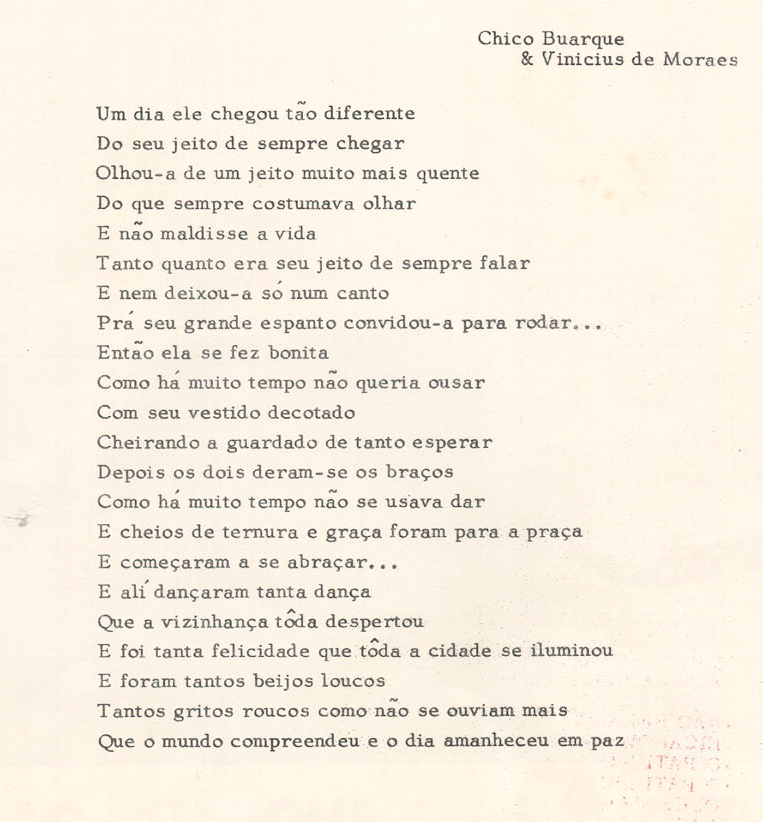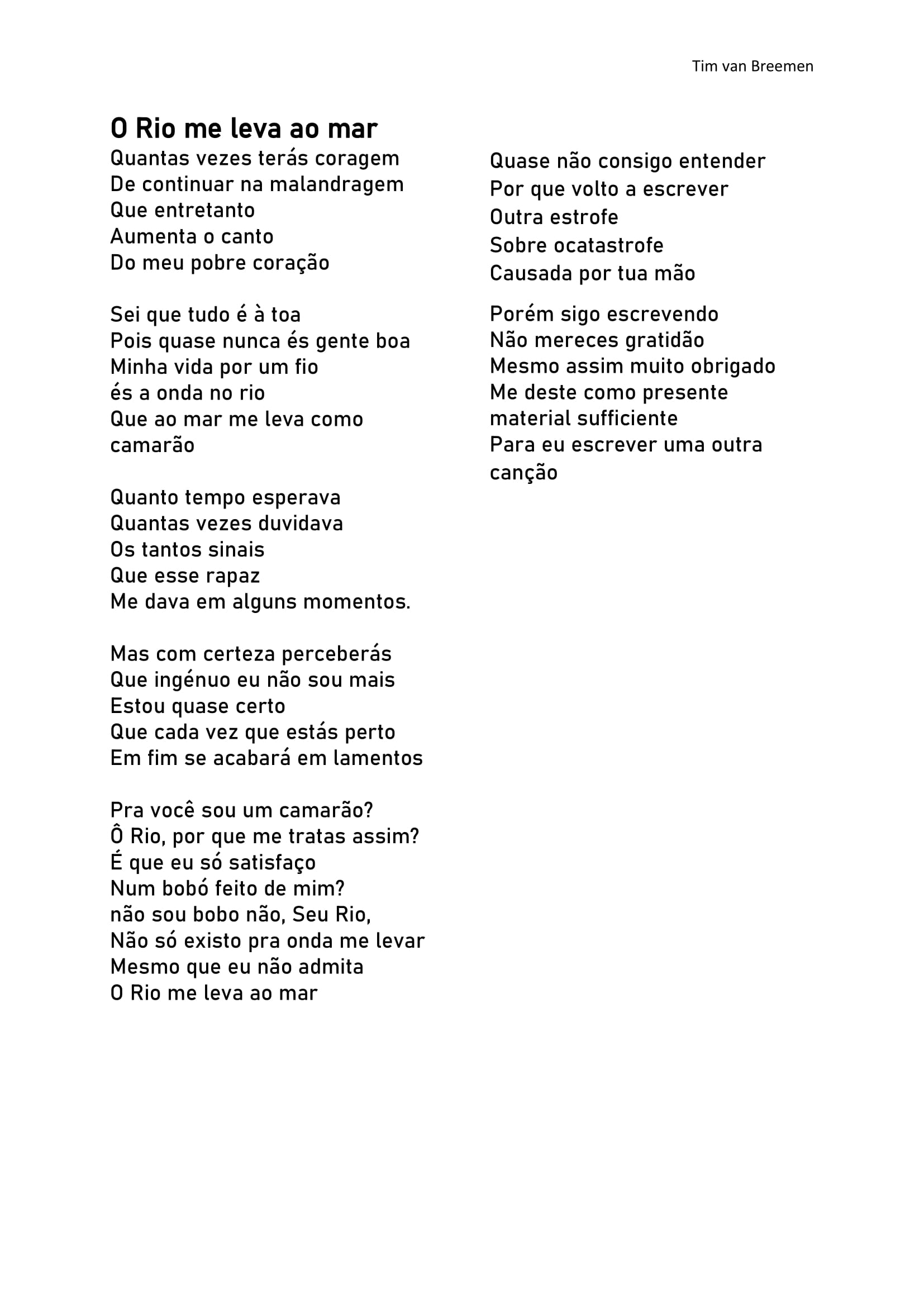Tim van Breemen - Latin Vocals
Yet another year of my five RASL years in Codarts has gone by and is to be closed off with this final portfolio. At the beginning of the academic year I was determined this was going to be a super productive year. I felt more at ease and knew exactly in which direction to go, artistically and stylistically. My focus of the year was refinement and sophistication, and these themes I will continue to pursue next year. These themes would manifest themselves both interpretationally, in the form of repertoire and arrangements, as well as technically, in the form of refinement of sonority and delivery of the piece. After the first semester I even had my end of year exam completely planned out around these themes, and I still intend to revisit these songs next year. For what it’s worth, these were the compositions I worked on and intended to perform:
However, because of the current virus outbreak, I will not be able to perform my exam as planned before. Therefore, the rest of this essay is aimed at explaining what I’ve been working on in terms of Instrument, Interpretation and Integration over the course of the past year.
Instrument
The lessons most relevant to the Instrument, in my opinion, were the weekly vocal technique lessons with Connie. We’ve been working on multiple facets of the voice including equalisation (egalisering) of the voice and strengthening its core. The themes of refinement and sophistication tie into these processes on various levels and become important, for example, when we decide on the repertoire that suits our instrument, the sonority of the notes during performance and when we make stylistic choices in the tasteful delivery of a composition. I’ve learned that sometimes less is more as far as the internal technique of the voice goes. Coincidentally, I discovered that less is more happens to be a recurring theme throughout all aspects the aspects of my “artistic context”. Furthermore, we have worked on singing in the “mask”, breath support and placing notes on the jaw (that one is a bit lost in translation, but Connie will know what that means).
Interpretation
For the facet of Interpretation, I have explored a few different styles and genres. I’ve thoroughly enjoyed the afro-cuban lessons and learnt a lot about the traditional Cuban styles. Especially the nueva trova songs by Pablo Milanes and Silvio Rodriguez really resonated with me. However, I really discovered this year that my heart and passion lies with Brazilian music. Specifically I have found great affiliation with MPB, Brazilian Jazz and the older Choros and Sambas. I’ve discovered and rediscovered many great inspiring artists among which Chico Pinheiro, Tatiana Parra and Joyce Moreno, but my main inspiration has been the great Mônica Salmaso. She also flawlessly ties into the themes of refinement and sophistication as all her performances and recordings are treated with so much care. She always precisely seems to know what a composition needs in terms of delivery, interpretation and arrangement. Lucky as I am, I got to ask her a question in a zoom meeting hosted by Hamilton de Holanda (https://youtu.be/PcIF88iU3BU?t=5605). Needless to say is that I aspire to acquire the tools to achieve similar refinement and sophistication as Mônica in my own music. Again, less is more occurred to be a recurring theme in the lessons. I discovered music becomes so much more true if only the essence remains.
To the left my version of Cidade Lagoa, arrangement by Mônica Salmaso; special thanks to Oriol Marès Duran
Furthermore, two mp3s of one of my lesson with Lilian in which we worked on
Flor de Fogo by Chico Pinheiro
Ultimately, an mp3 of De que callada manera, special thanks to Stefan Brünner
When Instrument and Interpretation merge, Integration is achieved. This, in my opinion, is when the essence of the artist emerges, as you need both in order to make music. In the Integration, most stylistic choices are finalised and it is here how we decide to perform. For me, this came together during one the Yellow House meets RASL living zoom concerts, when Lilian Vieira, Pedro Barros, Marijn van der Linden and I set up a set of Brazilian music with overarching stories. It was also then when I remembered for the first time in months how big a part improvisation plays in our profession. Not only in the sense of taking a solo, but more so because of the unpredictability our job sometimes comes with. We often find ourselves adapting and improvising on the spot when the moment asks for it.
Integration
Integration also gives me room for inspiration from other art forms. It facilitates room to create and fuse. This year I found a lot of inspiration in the movie Le Fabuleux Destin d'Amélie Poulain. This again ties into the themes of refinement and sophistication, as every single detail of that movie is perfectly orchestrated to form an elegant and entertaining whole. I feel a similar way about the architecture of Santiago Calatrava. His buildings are constructed in a very precise and elegant manner. Ultimately, the past year I also drew a lot of inspiration from various Portuguese poets: such as Fernando Pessoa, Luísa Sobral, Vinicius de Moraes, Paulo César Pinheiro and Chico Buarque. They inspired me to occasionally write my own poems, soon to be turned into songs.




In conclusion I can say I am somewhat content with the course of this year (pandemic aside of course). Although some of the details in the end product recordings are unsatisfactory (an intonation error or other technical mistake here and there), I stand with the overall approach of looking for refinement and sophistication in my work and will continue to do so in the future. It took some time for me to accept that I could not always make things perfect given the resources that I had, but in the end these recordings are supposed to be an emergency solution, not a nuanced display of the artist, so I eventually found peace with that. Nevertheless I have learned a lot, both technically and artistically and I think I have set a clear path for the coming years. I’m sad to say that path does not include afro-Cuban repertoire for now, so I’ve decided to fully specialise in Brazilian repertoire from next semester onwards. I am planning an exchange to either Rio de Janeiro or São Paulo in my fourth year so the plan is to prepare for said exchange in the coming year. With Lilian, I have made a list of repertoire and styles to work on in order for me to develop further as a musician and we will continue to work on that after summer. To wrap it up, this essay concludes a turbulent year in which I made a lot of progress as an artist and with that, I’m excited to see what next year holds for me as a musician.
Conclusion
Visited repertoire
-Requiem para un Amor (Pablo Milanes)
-De que callada manera (Pablo Milanes)
-Oleo de una mujer con sombrero (Sílvio Rodriguez)
-Esto te pone la cabeza mala (Los Van Van)
-Volver a los 17 (Mercedes Sosa & Milton Nascimento)
-Hasta que Vuelvas (Leonardo Oporto; version Fabiola Jose)
-Santa chuva (Marcelo Camelo, version Maria Rita)
-Sinhá (Chico Buarque e João Bosco)
-História de Lily Braun (Chico Buarque)
-Candeeiro (Teresa Cristina)
-Um calo de estimação (Zé & Zilda, version Teresa Cristina & Grupo Semente)
-Boca de siri (Chico Pinheiro)
-Flor de Fogo (Chico Pinheiro)
-Uma valsa para três (Chico Pinheiro, version Tatiana Parra)
-Joãozinho boa pinta (Dorival Caymmni & Joyce Moreno)
-Cidade Lagoa (Moreira da Silva, version Mônica Salmaso)
-Ô Seu Oscar (Wilson Batista, version Mônica Salmaso)
-A mulher do Seu Oscar (Wilson Batista, version Mônica Salmaso)
-Pra que discutir com madame (Janet de Almeida & Haroldo Barbosa)
I've likely forgotten a few.
Portfolio Main Subject H1